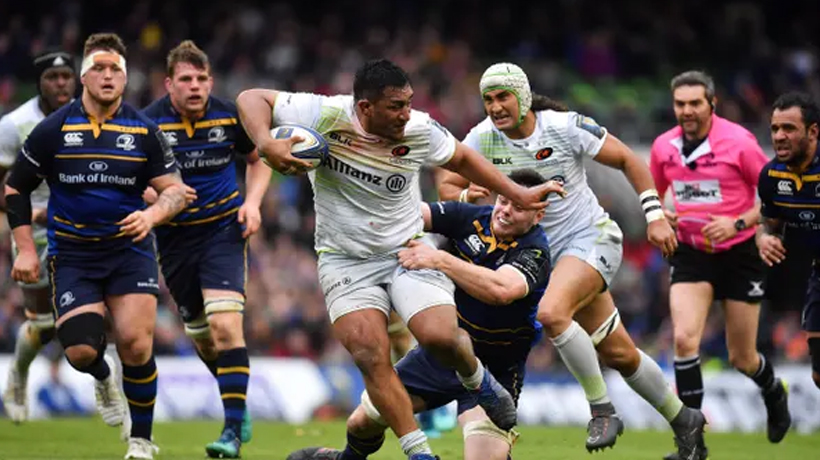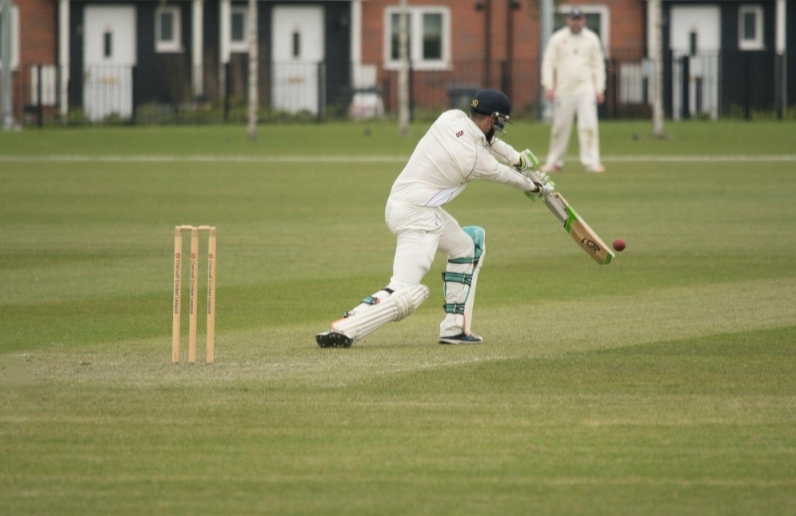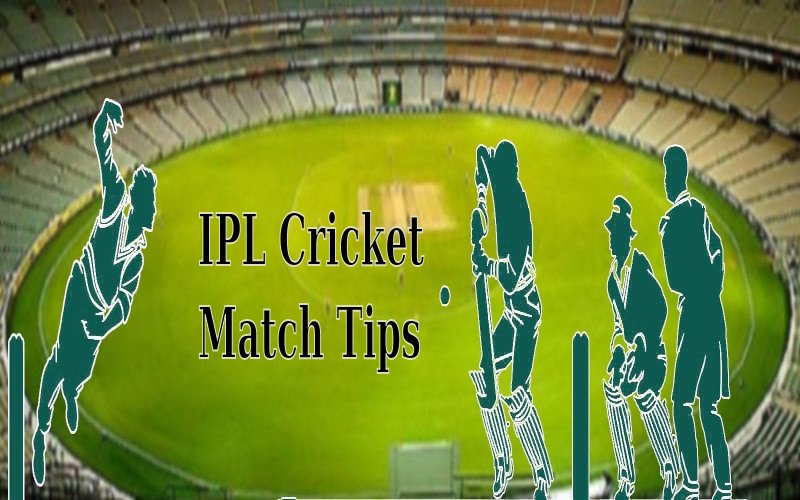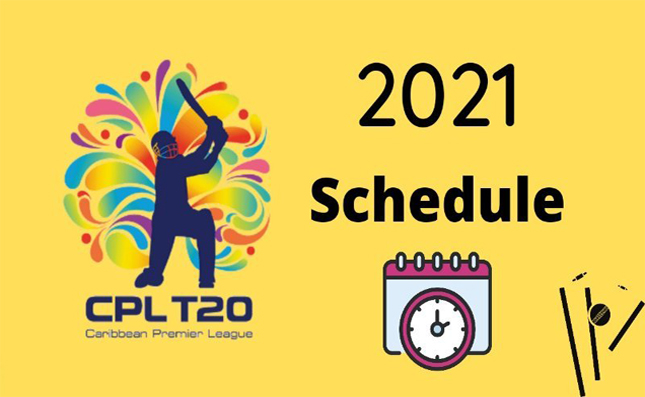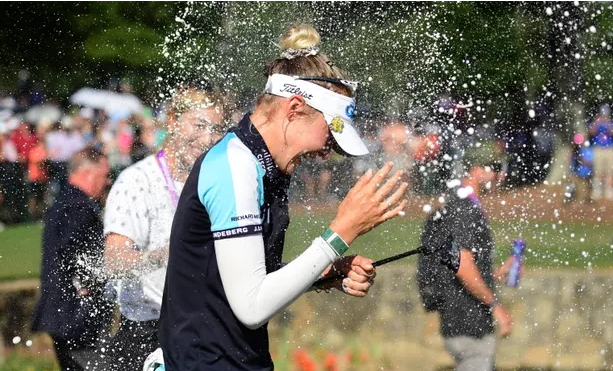Trending Now
- 830 voters names go missing in Kavundampalayam constituency
- If BJP comes to power we shall consider bringing back electoral bonds: Nirmala Sitaraman
- Monitoring at check posts between Kerala and TN intensified as bird flu gets virulent in Kerala
Sports
Leinster v Saracens will be a brutal final battle for European greatness
![]() May 8, 2019
May 8, 2019
Widespread agreement is rare in rugby but this week is an exception. The two best, most consistent teams in Europe are contesting this year’s Champions Cup final, the only question being who will emerge as first among equals? The collision between the remorseless muscle men of Saracens and the rock-hard sons of Leinster pits an irresistible force against an immovable object.
Black and blue, brutal viewing. And that is just the bruises. Picking a winner is like plunging a hand into a sack of ravenous pythons and waiting to see which one grabs you first. Neither side believes in letting go, either; having taken the lead they generally tighten their grip. There have been some truly great European champions over the years but few with such an intensity of focus.
Which begs a supplementary question: should Saturday’s winners be hailed as the finest European club or provincial side in history? Statistically there is some support for that argument. Leinster are going for an unprecedented fifth European title and their second in a row, while Saracens are hunting a third Champions Cup in four years. While a star-studded Toulon collected a hat-trick between 2013 and 2015 they have not otherwise featured in the final; Saracens and Leinster have collectively featured in seven over the past decade.
Clearly these kind of comparisons involve a dollop of subjectivity. The mind’s eye still marvels at the vapour trails left by Brive in 1997 as they took Leicester apart at the old Cardiff Arms Park. European rugby would not have been half as compelling without Munster’s never-say-die attitude, Toulouse’s offloading class or Wasps’s counter-punching elan. It still seems incomprehensible that Clermont Auvergne, so wonderful to watch at their best, have still not conquered Europe’s highest peak.
It is possible to state a case, too, for Leicester in the early years of this century when, not unlike Saracens nowadays, they simply refused to countenance losing. Latterly, though, Europe has become a survival not just of the fittest but the steeliest: it is almost impossible to imagine a team gatecrashing the elite from nowhere, blitzing all-comers and then disappearing back into the undergrowth. If you had to pick the next possible contenders to threaten the existing hierarchy they would probably be improving domestic forces such as Racing 92 and Exeter Chiefs. Nothing of lasting quality is ever built overnight.
For the foreseeable future, though, Leinster and Saracens are the two teams pursuing greatness. Individually Toulon may have had bigger names – their 2015 final starting line-up is a veritable who’s who – but not even their galacticos had quite the same sense of consistent cohesion or the same academy conveyor belt. At no stage in their three glory seasons, for example, did Toulon negotiate the pool stages unbeaten. In contrast, Leinster were undefeated last season while Saracens achieved clean sweeps in 2015-16 and this year. Both have had occasional blips but, tellingly, those reverses have only made them stronger.
The current market leaders are also overseen, perhaps not coincidentally, by understated former Irish internationals with experience beyond their own backyards. Leo Cullen featured for Leicester in the 2007 Heineken Cup final before returning to captain Leinster to victory in the 2009, 2011 and 2012 finals. To date he remains the only captain to have lifted the trophy three times although the estimable Brad Barritt could yet match that feat this Saturday. Mark McCall was injured and approaching the end of his career when Ulster won in 1999 but a spell in Castres also shaped an intelligent coach who is usually a step ahead on the biggest occasions.
When the history books chronicle the first 25 years of professional rugby they will also linger over the respective No 10s, Johnny Sexton and Owen Farrell, whose influence on those around them cannot be underestimated. Sometimes it seems Leinster are desperate to win simply to keep the ever-demanding Sexton happy. Farrell, similarly, is so driven it rubs off on his colleagues. You can count the non-internationals in both teams on the fingers of one hand; only in the fan base category are Leinster comfortably ahead.
Maybe it is true that other champion sides have had a fraction more star quality: if you wanted to pick a 10-12 combination to play for your life, say, you might well pick Jonny Wilkinson and Matt Giteau in their Toulon pomp. If, similarly, you wanted a scrum-half to rip apart world-class opposition, you might not instantly plump for Luke McGrath or Ben Spencer.





